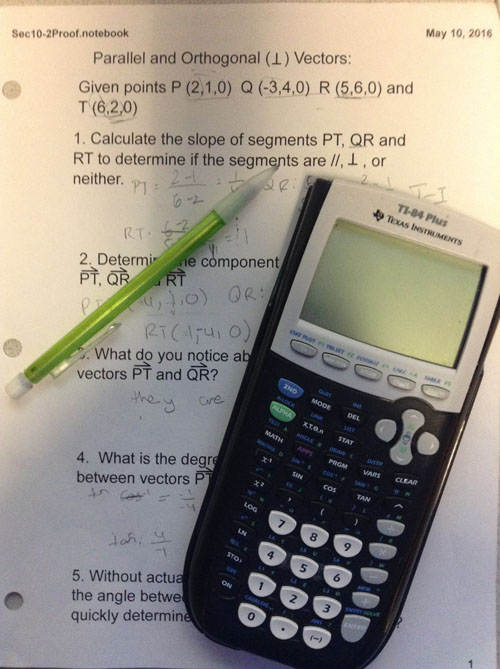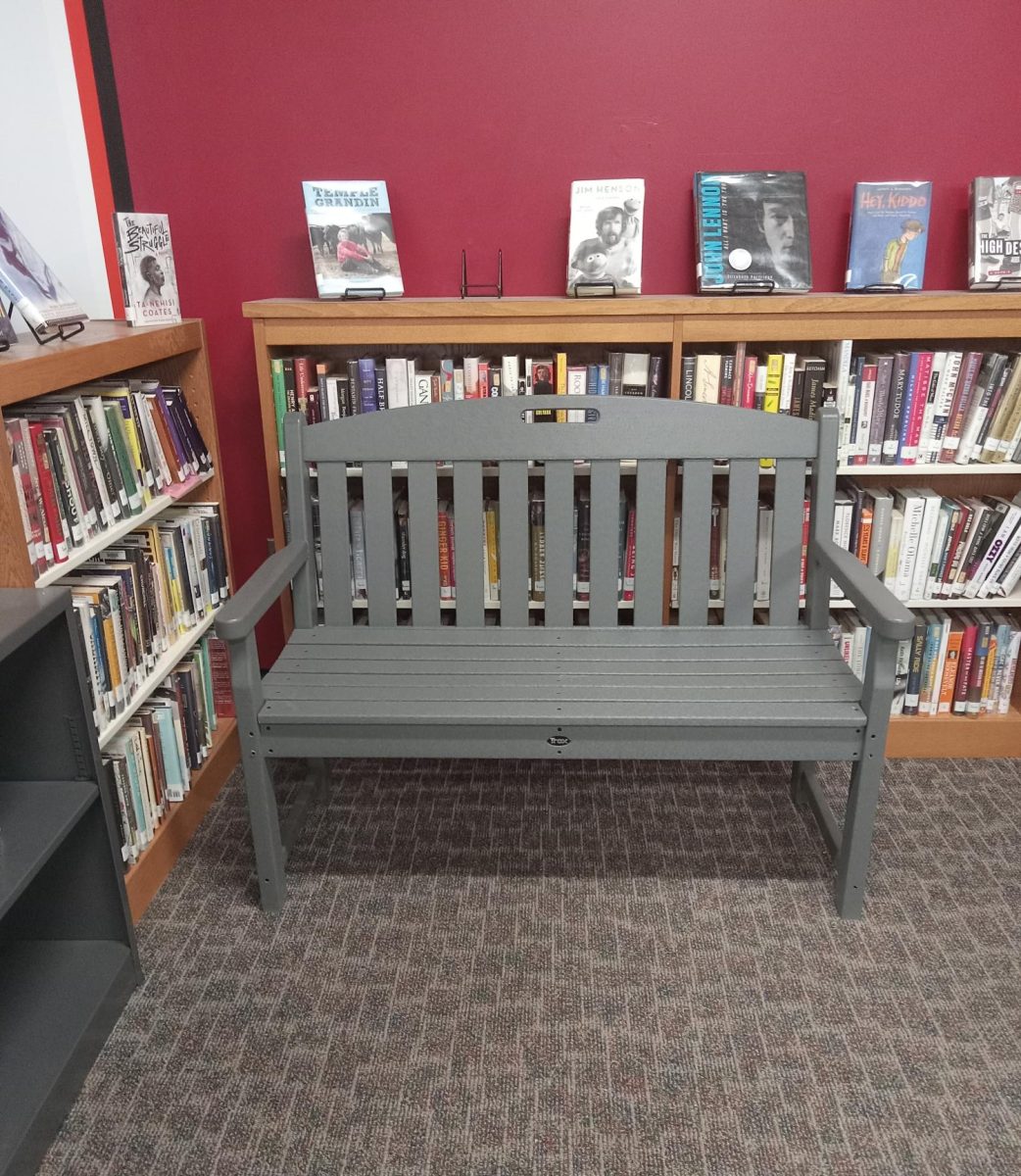The school year is near its end, and it means the dreaded finals time. With the increasingly beautiful weather, it may be difficult to focus on studying. Here are a few tips to help you get through finals week:
- Study early: If you wait until last minute to study, you will be overwhelmed by all your classes.
- Make your own study guide. This might sound like a pain, but it is very helpful, especially if the teacher does not give you a guide.
- Stay after school and ask your teacher for extra help.
- For vocab, either make flashcards or play pictionary with a study buddy.
- Create a study group: Everyone needs a little help when studying for finals, and sometimes, teachers are not available to help. If you don’t understand something, it is likely another person in your group understands whatever you are confused about.
- Make a study schedule: For harder subjects, study first and last. For easier classes, study in between the harder subjects and include breaks. Example: Monday (Pre-Calc 3:00-5:00 p.m., BREAK 5:00-6:00 p.m., Physics 6:00-8:00 p.m.; Tuesday: French 4:00-5:00 p.m., History 5:00-6:00 p.m.; Wednesday: Pre-Calc 3:00-5:00 p.m., BREAK 5:00-6:00 p.m., Physics 6:00-8:00 p.m. This way, you have a clear plan on aceing both your easy and hard classes.
- Rewrite important concepts or equations: This is an important study habit because it reinforces the core ideas and aspects of the subject.
- Take study breaks: It’s hard to retain information after studying for hours. Take a study break to help you unwind and help your brain rejuice (eat a brain-healthy snack like nuts and fruit).
- Study in a quiet environment: This might be a no-brainer, but there are many things that contribute to a “quiet” study place. This means no distractions such as phones or loud family members.
- Draw your vocabulary: If you have difficulty remembering your vocab words, create picture flashcards. On one side, write the vocab, on the other, a picture that fits the word’s description. Example: if you have a word like “ambition”, draw a picture of a child dreaming of becoming an astronaut. Then, next to that image, draw the child as an adult and working for NASA.







